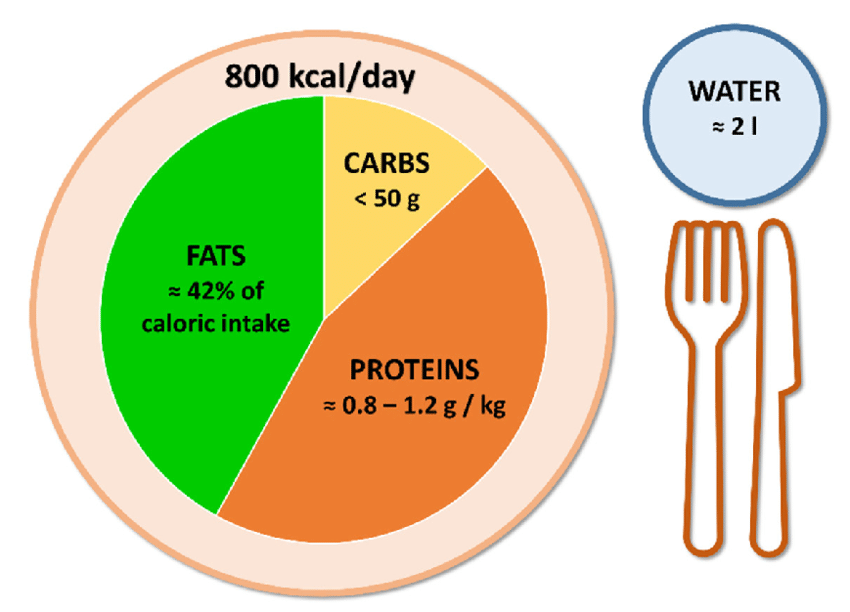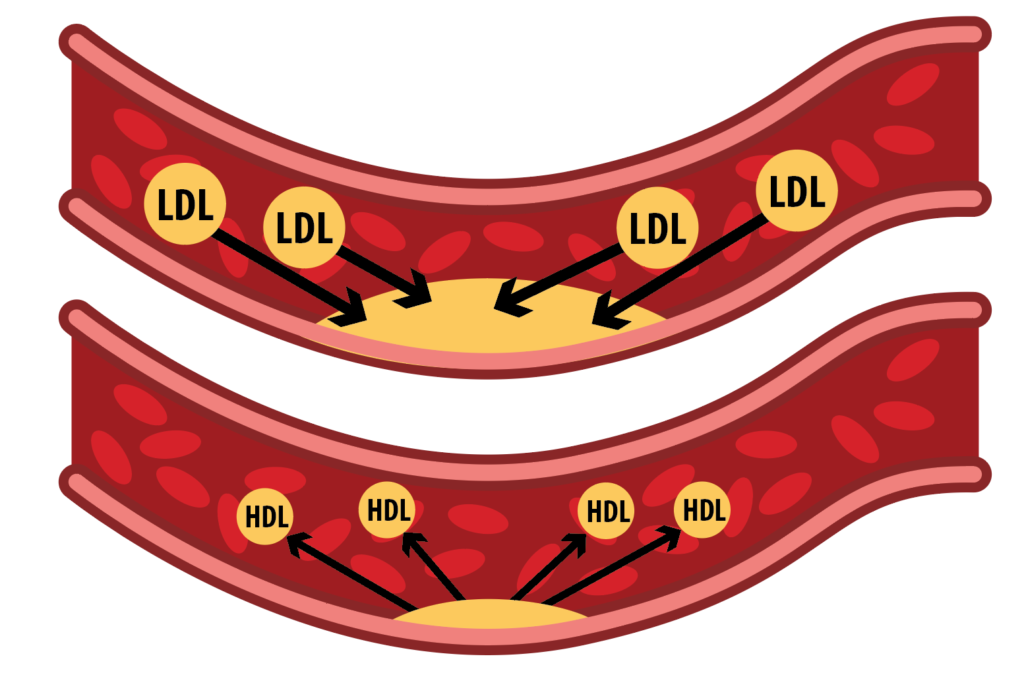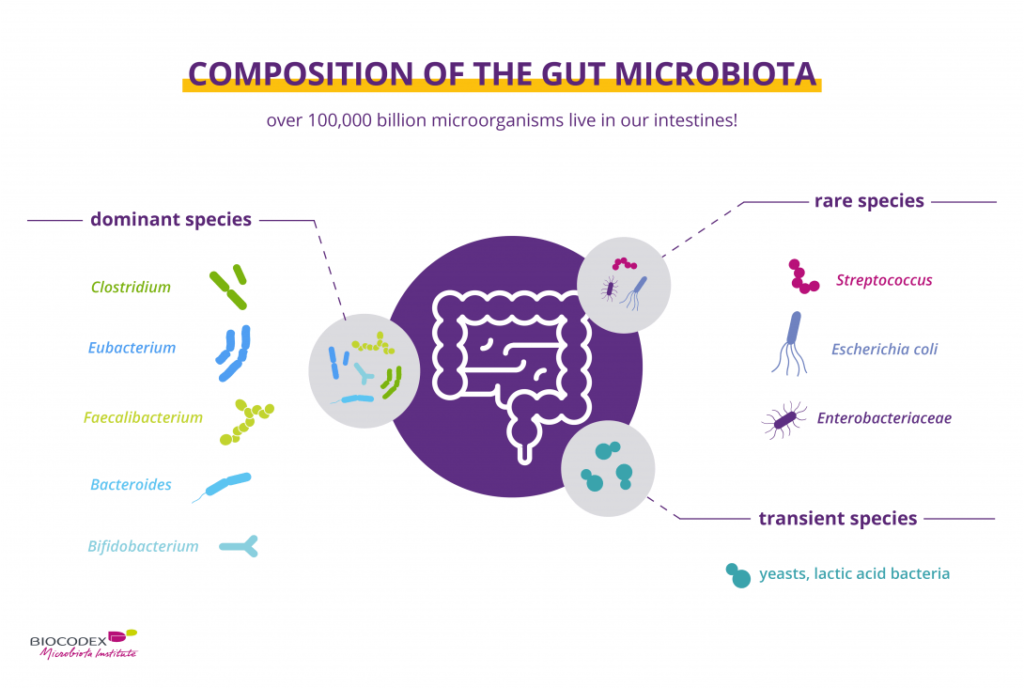The carnivore diet, a dietary approach that emphasizes the exclusive consumption of animal products, has gained significant attention in recent years. Individuals who follow this diet, claim various health benefits, including improved weight management, increased energy levels, and better mental clarity. However, there are several drawbacks of this diet plan which is why, it’s crucial to thoroughly examine the science behind this type of diet before considering its adoption. Let’s take a deep dive into the principles, health benefits and risks of carnivore diet so that you can decide whether it would be beneficial for you to adopt this diet.
Also Read: Keto Diet: A Beginner’s Guide to Ketogenic Diet
Defining Carnivore Diet
The carnivore diet is an extreme form of a low-carbohydrate, high-fat diet, eliminating all plant-based foods and relying solely on animal products. This includes meat, fish, eggs, and dairy. The underlying principle is that by avoiding carbohydrates and plant-based foods, individuals can regulate blood sugar levels more effectively and induce a state of ketosis, where the body burns fat for fuel instead of carbohydrates.

The Principles of Carnivore Diet
Macronutrient Composition
At the heart of the carnivore diet lies a distinctive macronutrient composition. This dietary approach is characterized by extremely low carbohydrate intake, moderate protein consumption, and a high proportion of dietary fats. By significantly reducing carbohydrates, the body shifts into a state of ketosis, where it relies on fat for energy instead of glucose derived from carbohydrates.

Abundance of Animal Products
As its name suggests, this diet strictly excludes plant-based foods, including fruits, vegetables, grains, and legumes. Followers of this diet consume a variety of animal products, such as meat, fish, eggs, and dairy, with an emphasis on prioritizing nutrient-dense options. The exclusion of plant foods is rooted in the belief that they contribute to various health issues, including inflammation and digestive problems.

Nutrient Density and Bioavailability
Advocates of the carnivore diet often emphasize the nutrient density and bioavailability of animal products. Meat, especially organ meats, is rich in essential nutrients, including vitamins B12, B6, and D, as well as minerals like iron, zinc, and selenium. These nutrients are considered more readily absorbed and utilized by the body compared to their plant-based counterparts.
Elimination of Anti-Nutrients
This type of diet eliminates substances known as anti-nutrients, which are naturally occurring compounds in some plant foods that may interfere with the absorption of nutrients. By excluding these anti-nutrients, proponents argue that the body can more efficiently absorb and utilize the essential nutrients present in animal products.
Carbohydrate Restriction
Carbohydrate restriction is a fundamental aspect of the carnivore diet, aimed at regulating blood sugar levels. By minimizing the intake of carbohydrates, the diet seeks to prevent spikes in blood glucose and insulin levels. This may contribute to improved insulin sensitivity, potentially benefiting individuals with insulin resistance or type 2 diabetes.

Elimination of Plant Toxins
Some proponents of the carnivore diet emphasize the potential harm associated with certain plant compounds. Plants contain various toxins and defence mechanisms to deter herbivores and insects. By eliminating plant foods, followers of this diet aim to avoid potential adverse effects linked to these plant toxins.
Personalized Approach
The carnivore diet acknowledges the concept of biochemical individuality, recognizing that individuals may respond differently to dietary patterns. Some people report improved well-being and health by following this diet, while others may experience adverse effects. The emphasis on a personalized approach encourages individuals to listen to their bodies and adjust their dietary choices accordingly.
Health Benefits of Carnivore Diet
Weight Management
One of the most amazing benefits of the carnivore diet is its contribution in weight management. This diet’s carbohydrate restriction leads to the body entering a state of ketosis, where it produces ketones from fat for energy. ketosis enhances fat burning, promotes weight loss, and provides a consistent source of energy, particularly for the brain. Over time, individuals following this diet may become fat-adapted, efficiently utilizing fat as their primary fuel source while enjoying a healthy bodyweight.

Blood Sugar Regulation
This diet’s low carbohydrate content aims to regulate blood sugar levels. By minimizing spikes in blood glucose and reducing insulin resistance, proponents suggest potential benefits for individuals with type 2 diabetes or those seeking improved blood sugar control.
Increased Energy Levels
Advocates of the carnivore diet often report increased energy levels and improved mental clarity. This is attributed to the consistent energy supply from ketones, the by-products of fat metabolism during ketosis, which are believed to provide a stable and efficient energy source for the brain.

Nutrient Density
Animal products, particularly meat and organ meats, are rich in essential nutrients such as B vitamins, iron, zinc, and omega-3 fatty acids. Proponents argue that the nutrient density and bioavailability of these animal-derived nutrients contribute to overall health and well-being.
Inflammation Reduction
Reducing inflammation is a claimed benefit of the carnivore diet. Proponents argue that eliminating potential inflammatory triggers from plant foods may alleviate symptoms in individuals with autoimmune conditions or chronic inflammatory disorders. However, scientific evidence supporting these claims is limited, and the relationship between diet and inflammation is complex.
Simplicity and Elimination of Processed Foods
This diet’s simplicity is appealing to those seeking a straightforward dietary approach. By eliminating processed foods, sugars, and grains, followers focus on whole, unprocessed animal products, emphasizing natural and minimally refined sources of nutrition.
Health Risks and Concerns of the Carnivore Diet
Nutrient Deficiencies
While animal products are nutrient-dense, the exclusivity of this diet raises concerns about potential nutrient deficiencies. Essential nutrients found in plant-based foods, such as fiber, antioxidants, and phytochemicals, are absent. This may lead to imbalances and deficiencies over time.
Lack of Dietary Fiber
The carnivore diet lacks dietary fiber, a crucial component for digestive health. Fiber supports regular bowel movements, nourishes beneficial gut bacteria, and helps prevent constipation. Thus, the absence of fiber in this diet may pose challenges to long-term digestive health.
Increased Saturated Fat and Cholesterol Intake
A predominant reliance on animal products, especially red meat, can result in higher intake of saturated fats and cholesterol. Excessive consumption of these components is associated with an increased risk of cardiovascular diseases, including heart disease.

Impact on Gut Microbiota
The absence of plant-based foods in the carnivore diet may disrupt the balance of the gut microbiota. A diverse microbiome, supported by a variety of fibers from plant foods, is linked to overall health. Alterations to the gut microbiota composition could have implications for immune function and disease risk.

Potential for Nutritional Imbalances
The strict limitations of the carnivore diet may lead to nutritional imbalances over time. Adequate intake of vitamins, minerals, and other essential nutrients requires careful planning to ensure a well-rounded and sustainable approach to nutrition but it may be hard while following a diet like this.
Lack of Long-Term Research
A significant concern surrounding this type of diet is the lack of long-term research on its safety and efficacy. Most studies on this dietary approach are short-term, making it challenging to assess its impact on health over an extended period.
Don’t Miss: Mediterranean Diet: A Detailed Beginner’s Guide!
Conclusion
The carnivore diet presents a fascinating yet controversial approach to nutrition, with proponents highlighting potential benefits such as weight management and improved metabolic health. However, it is crucial to acknowledge the associated risks, including nutrient deficiencies, increased intake of saturated fats, and potential impacts on digestive health. Individuals considering this diet should approach it with caution, ensuring a well-informed and personalized approach to meet their nutritional needs for long-term health and well-being. As with any dietary change, consulting with healthcare professionals and monitoring one’s health indicators is paramount for a safe and sustainable journey on the carnivore diet. Hopefully, you found this article helpful enough. If you really did then let us know your valuable thoughts in the comment section down below. Thanks for visiting and appreciating our work.
